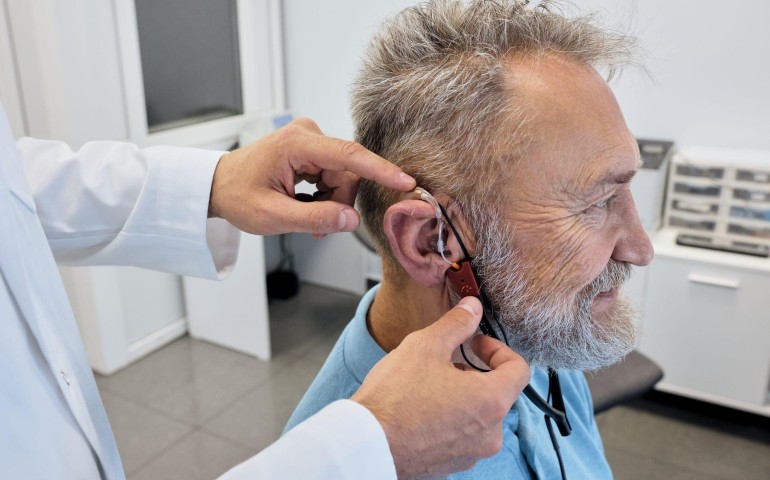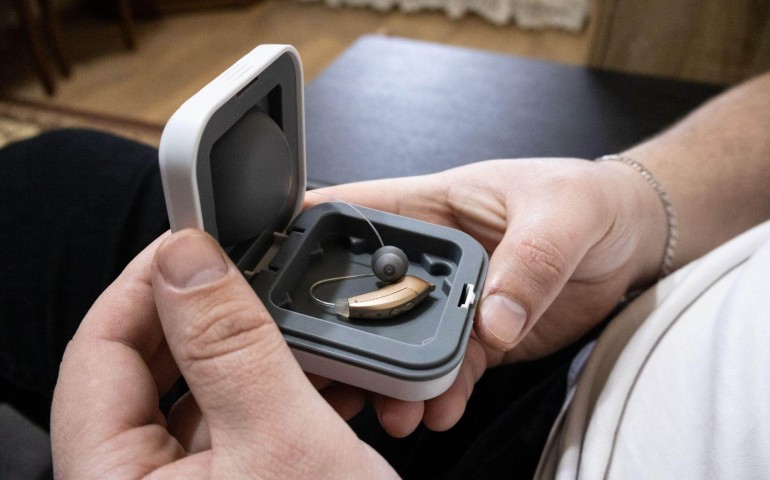High blood pressure is a common condition that occurs when the heart has to work harder to pump blood throughout the body due to the blood pushing too high against the walls of the arteries. This dangerous condition affects more than 60 million people in the United States. Nearly the same amount of people suffer from tinnitus in this country. These two afflictions are often linked, so your ringing ears may be caused by high blood pressure.
Symptoms of Tinnitus
The most common symptom associated with tinnitus is ringing in one or both ears. This ringing can be constant or intermittent. You may also hear other uncommon sounds when suffering from tinnitus, including buzzing, clicking, rushing, or pulsing. None of these sounds are being produced outside the body, so they can only be heard by the person suffering from tinnitus. If you are experiencing any of these symptoms, then this is a clear sign of an underlying health issue. Tinnitus is most often linked to hearing loss, but it can also be caused by excessive earwax buildup, ear infections, untreated allergies, or high blood pressure.
High Blood Pressure and Tinnitus
The ears rely on a delicate system of hairs and blood vessels to allow you to hear. Since high blood pressure damages blood vessels throughout the body, it can impact how your ears operate. The National Library of Medicine recently discovered that roughly 44 out of every 100 people dealing with high blood pressure also have tinnitus. The extra pressure in the blood vessels around the ears becomes too much to handle over time. If you hear a rushing or beating sound in your ears, this is a major sign that your tinnitus is caused by high blood pressure.
Your Treatment Options
There is always going to be an underlying cause for your tinnitus. Treating this problem is the best way to help the ringing in your ears. Luckily, lowering your blood pressure with the right lifestyle changes is not too hard. The best ways to accomplish this goal are exercising more, eating healthier, and taking prescription medication. If your tinnitus is truly caused by high blood pressure, then making these changes could help eliminate the unwanted noises in your ears for good.
Call Us Today
There is no such thing as being too cautious with the health of your ears. It is always a great idea for those suffering from tinnitus to get their ears checked for hearing loss, even if high blood pressure is the suspected cause. Catching hearing loss early is the only way to prevent even more damage. Contact us here at Beltone Dallas Fort Worth, today to learn more about tinnitus and to schedule your hearing examination.






